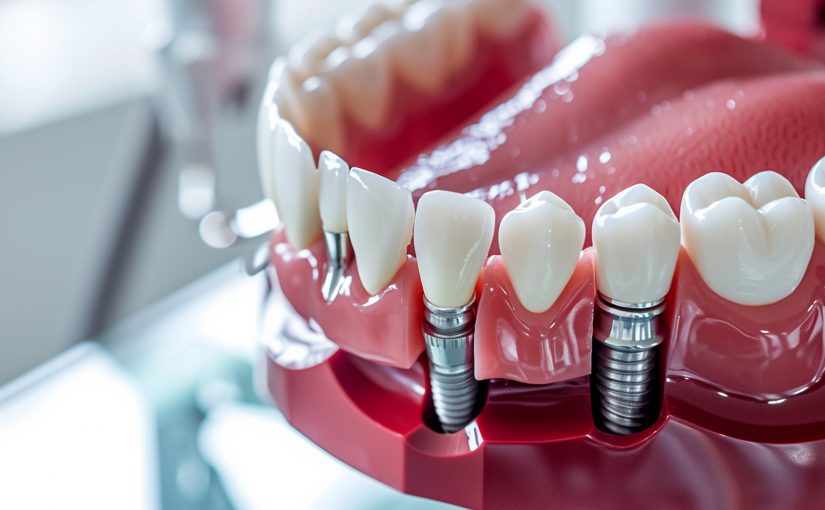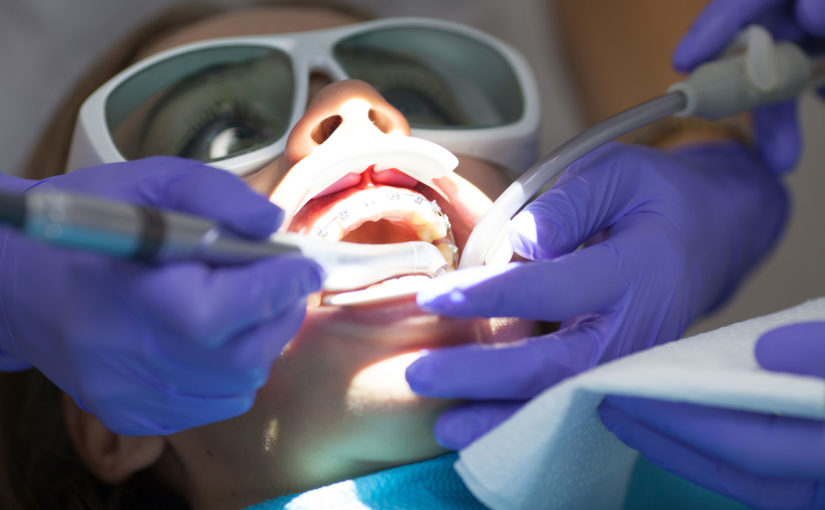Restore Your Smile with Dental Implants in Woodbridge and Brampton
Are you missing one or more teeth and looking for a permanent solution that looks, feels, and functions like natural teeth? Dental implants at our clinics in Woodbridge and Brampton offer a reliable and long- lasting solution for restoring your smile and improving your oral health. At Metro City Dentistry, we're committed to providing our patients with high-quality dental implant treatments tailored to their individual needs.
What are Dental Implants?
Dental implants are small titanium posts that are surgically placed into the jawbone to serve as artificial tooth roots. These implants provide a sturdy foundation for replacement teeth, such as crowns, bridges, or dentures, restoring the appearance and functionality of your smile.
Why Choose Dental Implants?
- Natural-Looking Results: Dental implants closely mimic the appearance of natural teeth, blending seamlessly with your smile for a natural-looking result.
- Improved Oral Health: Unlike traditional bridges or dentures, which rely on neighboring teeth for support, dental implants preserve the integrity of adjacent teeth and stimulate the jawbone, preventing bone loss and preserving facial structure.
- Longevity: With proper care and maintenance, dental implants can last a lifetime, making them a durable and cost-effective solution for tooth replacement.
- Enhanced Functionality: Dental implants restore the ability to bite, chew, and speak with confidence, allowing you to enjoy your favorite foods and activities without restrictions.
- Increased Comfort: Unlike removable dentures, dental implants are fixed in place, eliminating discomfort and irritation often associated with traditional prosthetics.
The Dental Implant Process
- Initial Consultation: During your initial consultation, our experienced dentists will evaluate your oral health and discuss your treatment goals to determine if dental implants are the right option for you.
- Treatment Planning: Using advanced imaging technology, a personalized treatment plan is created to address your specific needs and achieve optimal results.
- Implant Placement: The dental implants are surgically placed into the jawbone, where they integrate with the surrounding bone tissue in a process called osseointegration.
- Healing Period: After implant placement, a healing period of several months is typically required to allow the implants to fuse with the jawbone and become stable.
- Restoration: Once the implants have healed, custom-made dental restorations, such as crowns, bridges, or dentures, are attached to the implants to complete your smile.
- Follow-Up Care: Regular check-ups with our dentists are essential to monitor the health and stability of your dental implants and ensure long-term success.
Is Dental Implant Treatment Right for You?
Dental implants are a versatile solution for patients with one or more missing teeth, whether due to injury, decay, or other dental issues. However, certain factors, such as overall oral health and bone density, may influence candidacy for implant treatment. During your consultation, our dentists will evaluate your oral health and discuss whether dental implants are the best option for you.
Schedule Your Dental Implant Consultation Today
Ready to restore your smile and regain your confidence with dental implants in Woodbridge or Brampton? Schedule a consultation with Metro City Dentistry today. Our experienced team is dedicated to helping you achieve a healthy, beautiful smile with personalized implant treatment. Contact us to take the first step towards a renewed smile!




